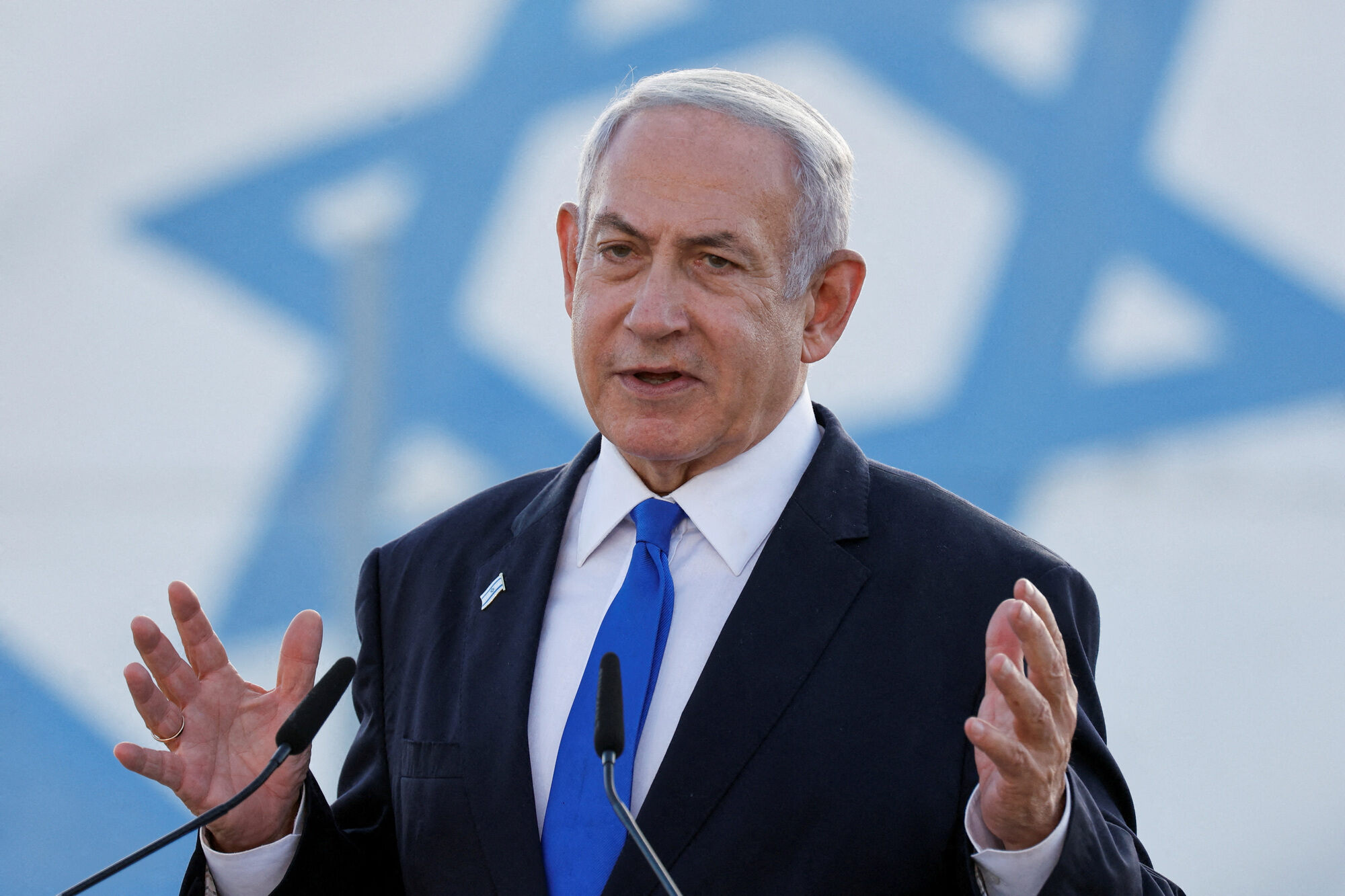
Who is the current Israeli Prime Minister? The current Israeli Prime Minister is Benjamin Netanyahu. Known for his long tenure and significant influence on Israeli politics, Netanyahu has been a central figure in shaping the country's policies and international relations. Born in Tel Aviv in 1949, he has served multiple terms as Prime Minister, making him the longest-serving leader in Israel's history. His political career is marked by both achievements and controversies, reflecting the complex landscape of Israeli governance. From his military service in the elite Sayeret Matkal unit to his role in economic reforms, Netanyahu's life is a blend of military, political, and economic endeavors.
Key Takeaways:
- Benjamin Netanyahu, the Israeli Prime Minister, was born in Tel Aviv, grew up in Jerusalem, and studied in the United States before entering politics.
- Netanyahu's diverse background includes serving in the Israeli Defense Forces, studying at MIT, and working as a management consultant before becoming Prime Minister.
Early Life and Education
Understanding the early years of Israeli Prime Minister Benjamin Netanyahu provides insight into his later political career.
- Born in Tel Aviv on October 21, 1949, Netanyahu grew up in Jerusalem.
- His father, Benzion Netanyahu, was a prominent historian specializing in Jewish history.
- Netanyahu attended high school in the United States, graduating from Cheltenham High School in Pennsylvania.
- He served in the Israeli Defense Forces as a captain in the elite Sayeret Matkal unit.
Academic and Professional Background
Before diving into politics, Netanyahu had a diverse academic and professional journey.
- Netanyahu studied architecture at the Massachusetts Institute of Technology (MIT).
- He earned a degree in management from MIT's Sloan School of Management.
- He worked as a management consultant for the Boston Consulting Group, where he met future U.S. presidential candidate Mitt Romney.
Political Career Beginnings
Netanyahu's political career began with roles that laid the foundation for his future leadership.
- He served as Israel's Ambassador to the United Nations from 1984 to 1988.
- Netanyahu was elected to the Knesset (Israeli parliament) in 1988 as a member of the Likud party.
- He became the Deputy Minister of Foreign Affairs in 1988, marking his entry into high-level politics.
First Term as Prime Minister
Netanyahu's first term as Prime Minister was marked by significant events and policies.
- He was first elected Prime Minister in 1996, becoming the youngest person to hold the office.
- Netanyahu signed the Hebron Protocol in 1997, which led to the withdrawal of Israeli troops from parts of Hebron.
- His first term ended in 1999 when he was defeated by Ehud Barak in the elections.
Return to Power
After a brief hiatus, Netanyahu returned to the political scene with renewed vigor.
- He was re-elected as Prime Minister in 2009, beginning a long tenure in office.
- Netanyahu focused on economic reforms, including reducing taxes and cutting public spending.
- He played a key role in the 2015 Iran nuclear deal negotiations, opposing the agreement strongly.
Personal Life
Netanyahu's personal life has also been a subject of public interest.
- He has been married three times and has three children.
- Netanyahu is fluent in English and often conducts interviews and speeches in the language.
Final Thoughts on Israeli Prime Ministers
Israeli Prime Ministers have played pivotal roles in shaping the nation's history. From David Ben-Gurion's declaration of independence to Benjamin Netanyahu's long tenure, each leader has left a unique mark. Golda Meir broke barriers as one of the world's few female leaders in the 20th century. Yitzhak Rabin's efforts for peace earned him a Nobel Prize, though his life was tragically cut short. Menachem Begin signed the historic peace treaty with Egypt, showing the power of diplomacy.
These leaders faced immense challenges, from wars to economic crises, yet their resilience and vision helped Israel navigate through turbulent times. Understanding their contributions provides valuable insights into Israel's past and present. Their legacies continue to influence the country's direction, making the study of their tenures not just fascinating but essential for grasping the complexities of Israeli politics.
Frequently Asked Questions
Was this page helpful?
Our commitment to delivering trustworthy and engaging content is at the heart of what we do. Each fact on our site is contributed by real users like you, bringing a wealth of diverse insights and information. To ensure the highest standards of accuracy and reliability, our dedicated editors meticulously review each submission. This process guarantees that the facts we share are not only fascinating but also credible. Trust in our commitment to quality and authenticity as you explore and learn with us.
